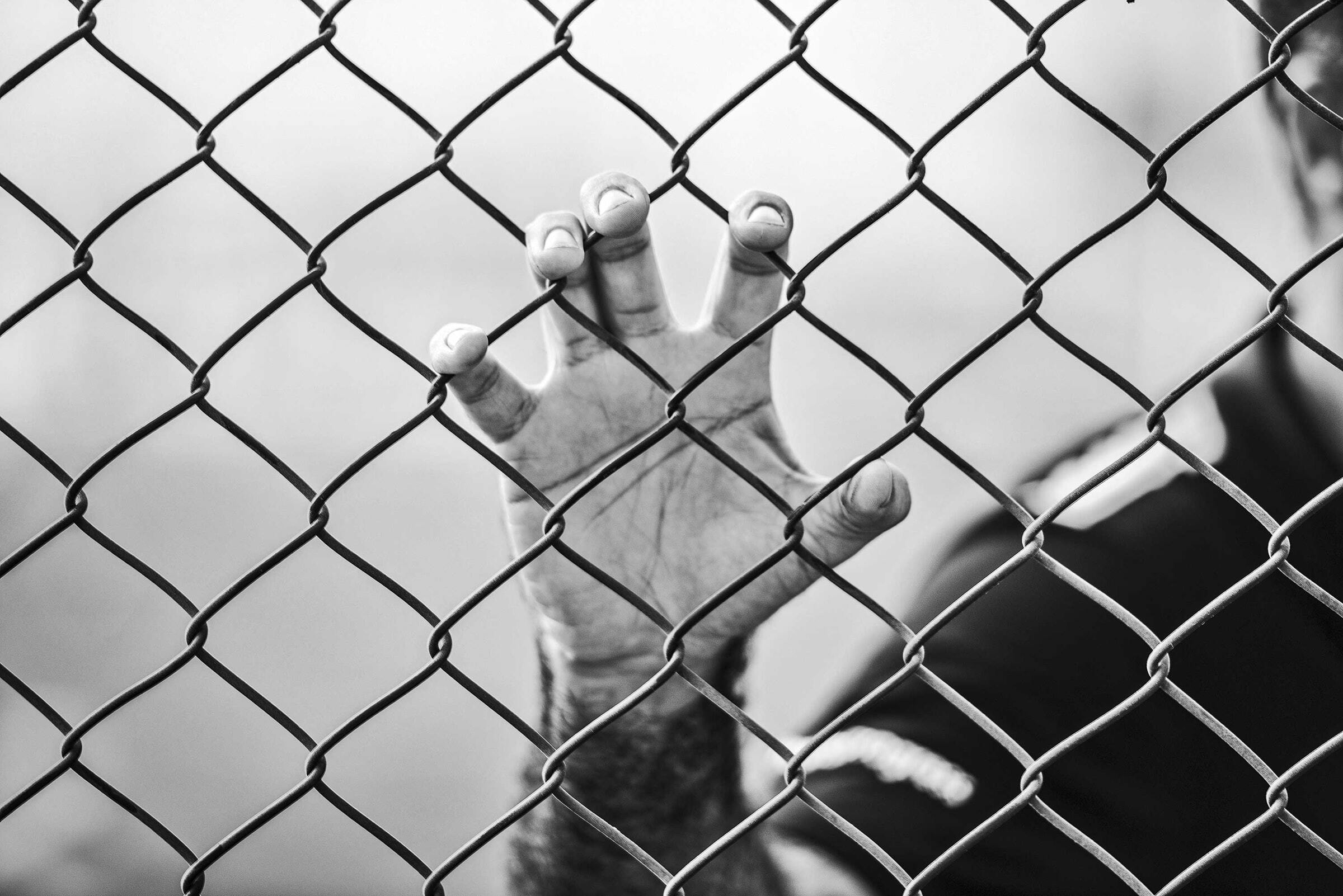
More in Mayors
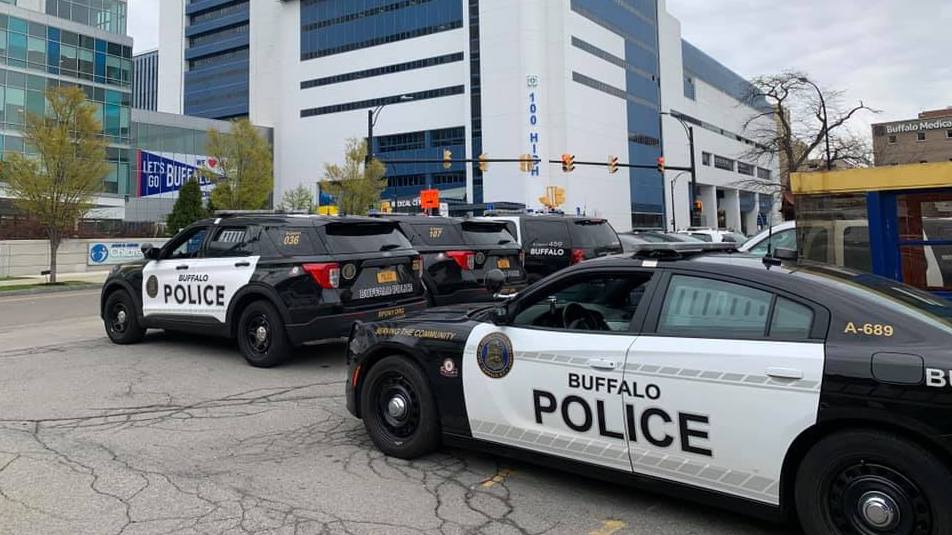
How a Troubled Police Department Is Shaping Buffalo’s Mayoral Race
Citing years of police brutality and racial disparities in arrests, activists are pushing candidates to embrace reforms ahead of next week’s Democratic primaries.

Climate Justice Is Central to Kate Knuth’s Bid for Minneapolis Mayor
The former state legislator and resilience officer sees progressive economic policies as part and parcel of curbing climate change.
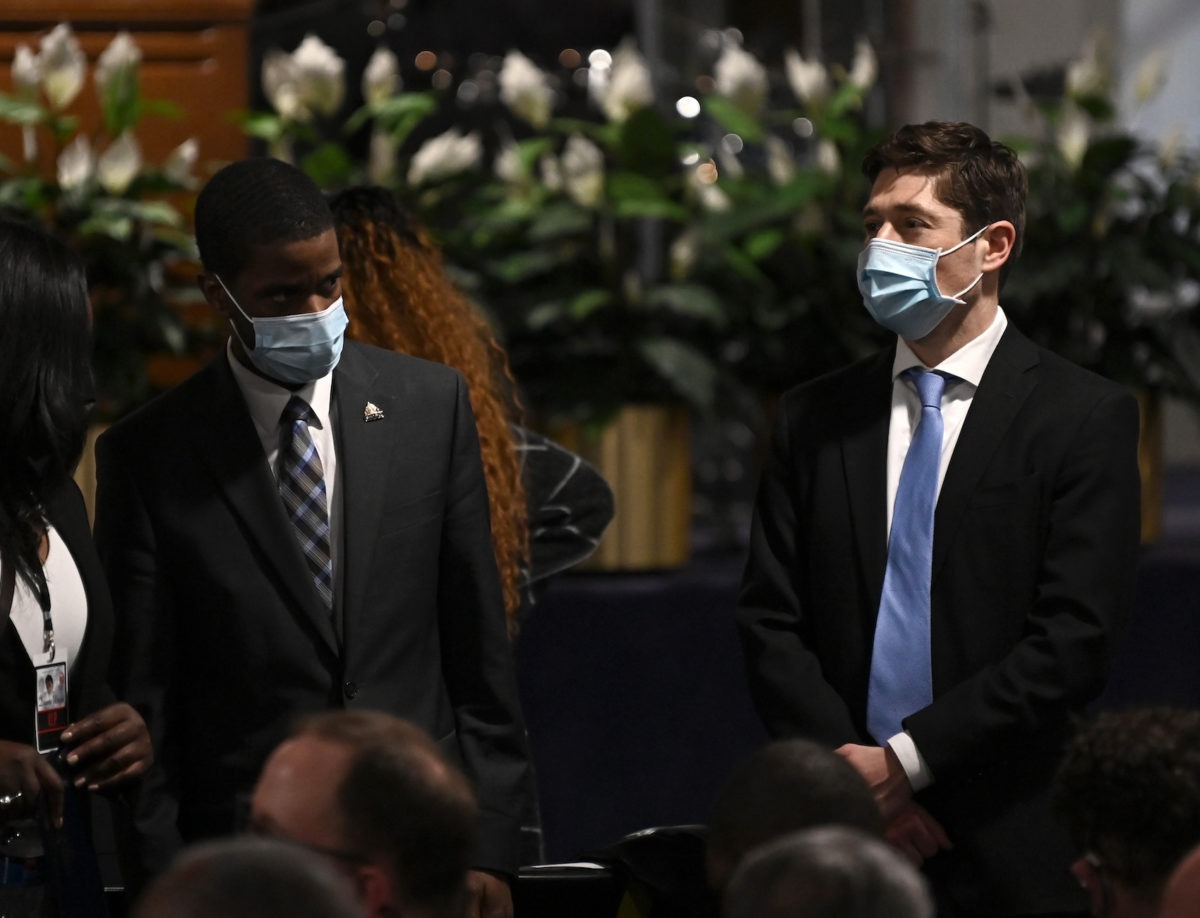
How The Twin Cities Mayors Diverge on Policing and Race
While Minneapolis Mayor Jacob Frey faces scrutiny over policing and racial equity issues, St. Paul Mayor Melvin Carter has helped his city achieve progressive milestones, say lawmakers and advocates.
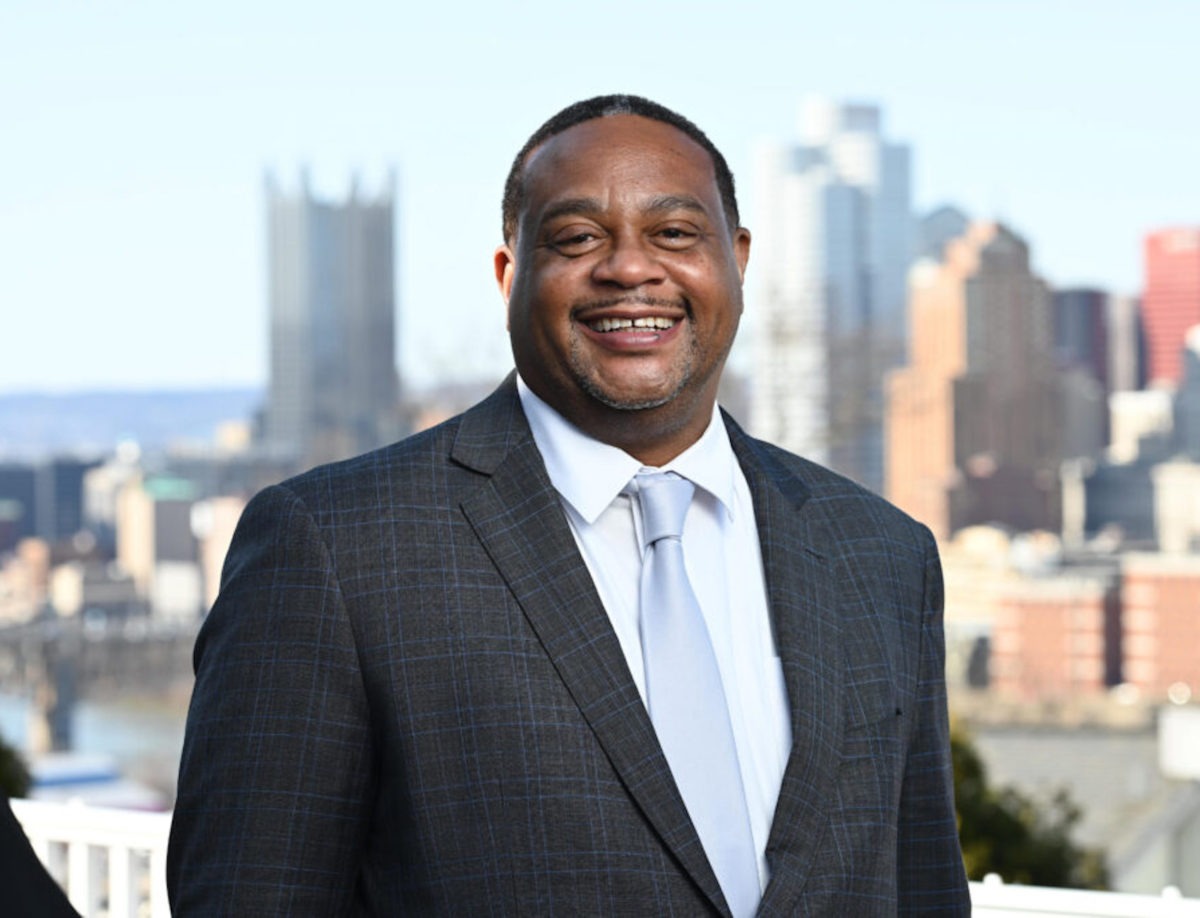
Ed Gainey Wins Democratic Nomination for Pittsburgh Mayor
The state representative will almost certainly be the city’s first Black mayor, and his victory follows a year of nationwide social upheaval over police and racial justice issues.
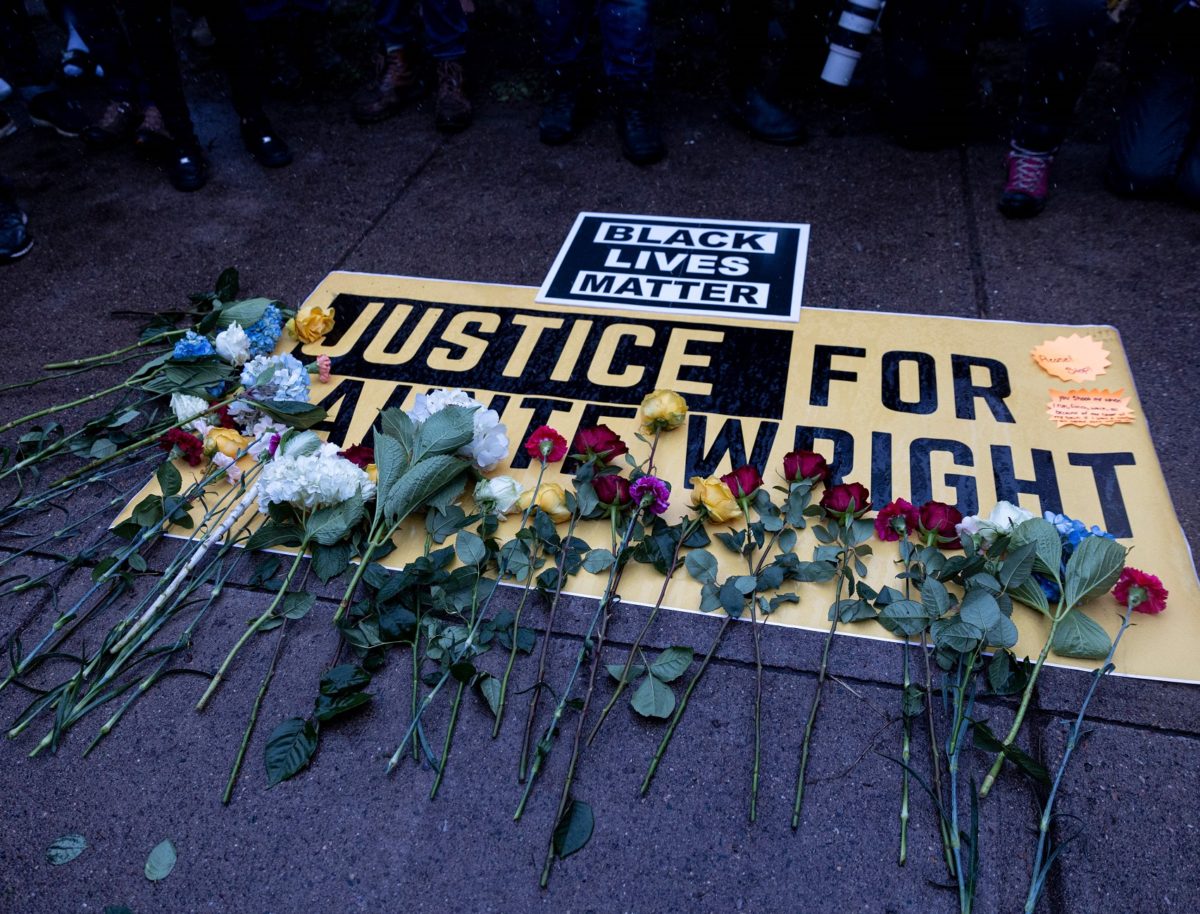
Brooklyn Center Mayor Unveils Plan To Decrease Police Traffic Enforcement Powers
The proposal by Mike Elliott, if passed by City Council, would also create a department of unarmed professionals trained to respond to mental health needs.
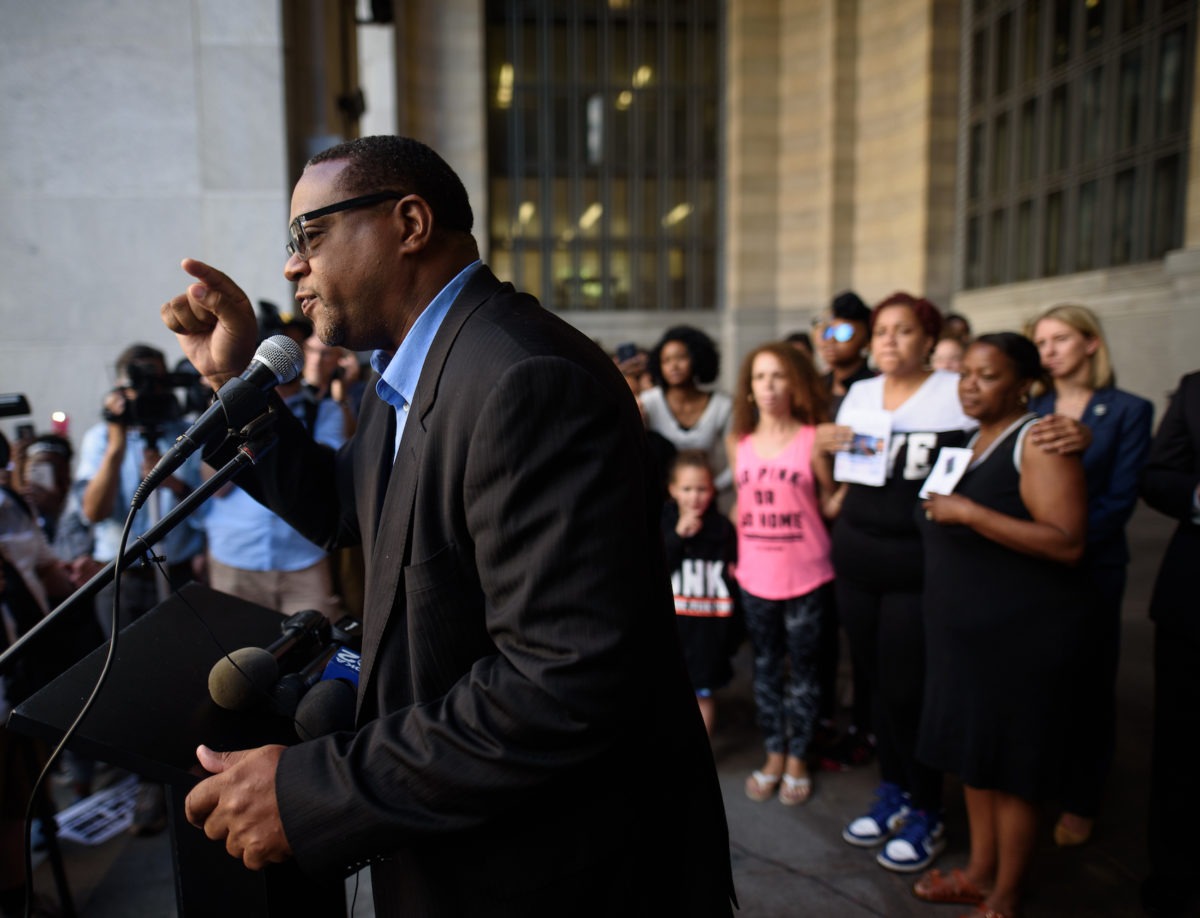
How Demands for Affordable Housing Are Defining Pittsburgh’s Mayoral Race
A disproportionate number of Black residents have left the city, and advocates say the next mayor needs to ensure greater access to housing.
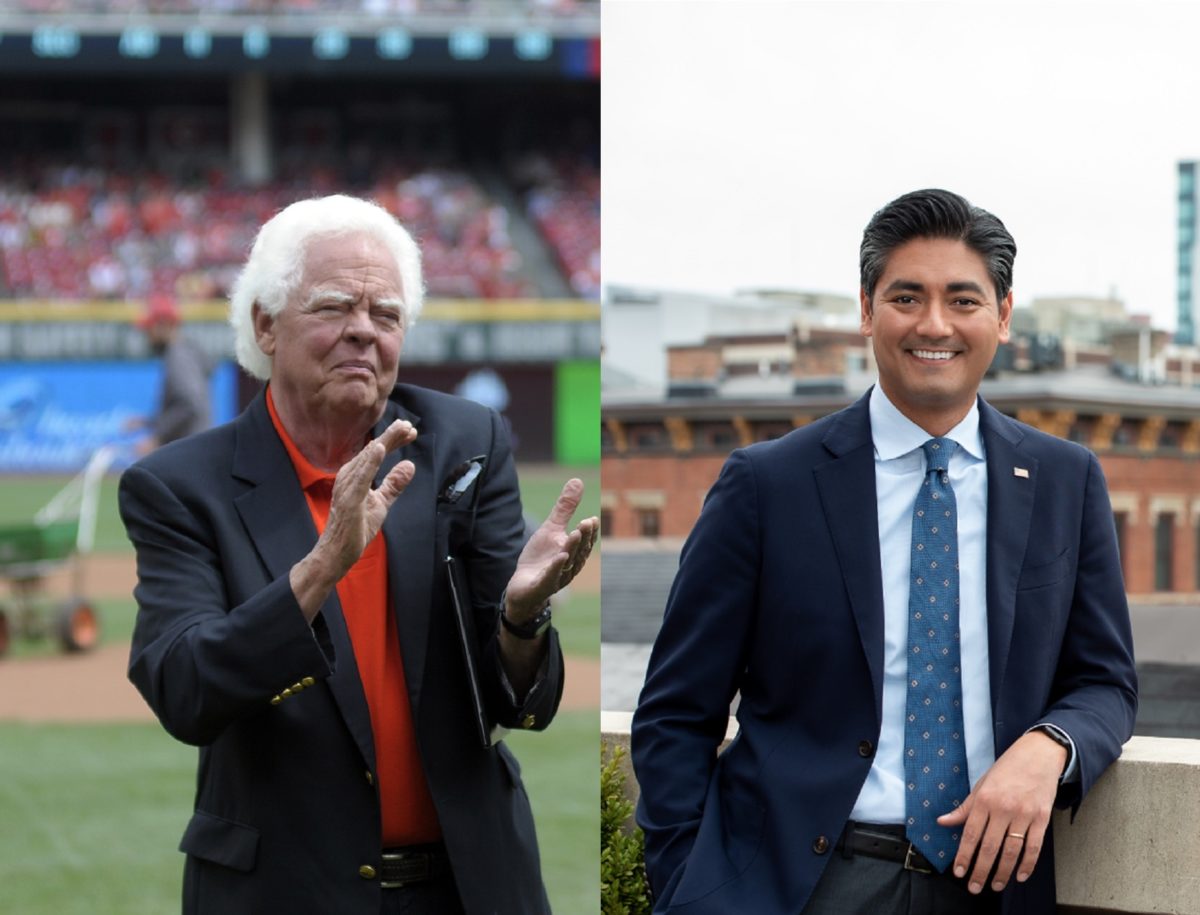
Aftab Pureval and David Mann Win Cincinnati Mayoral Primary
The candidates—who didn’t support an affordable housing investment that was rejected by voters today—now advance to the November ballot.
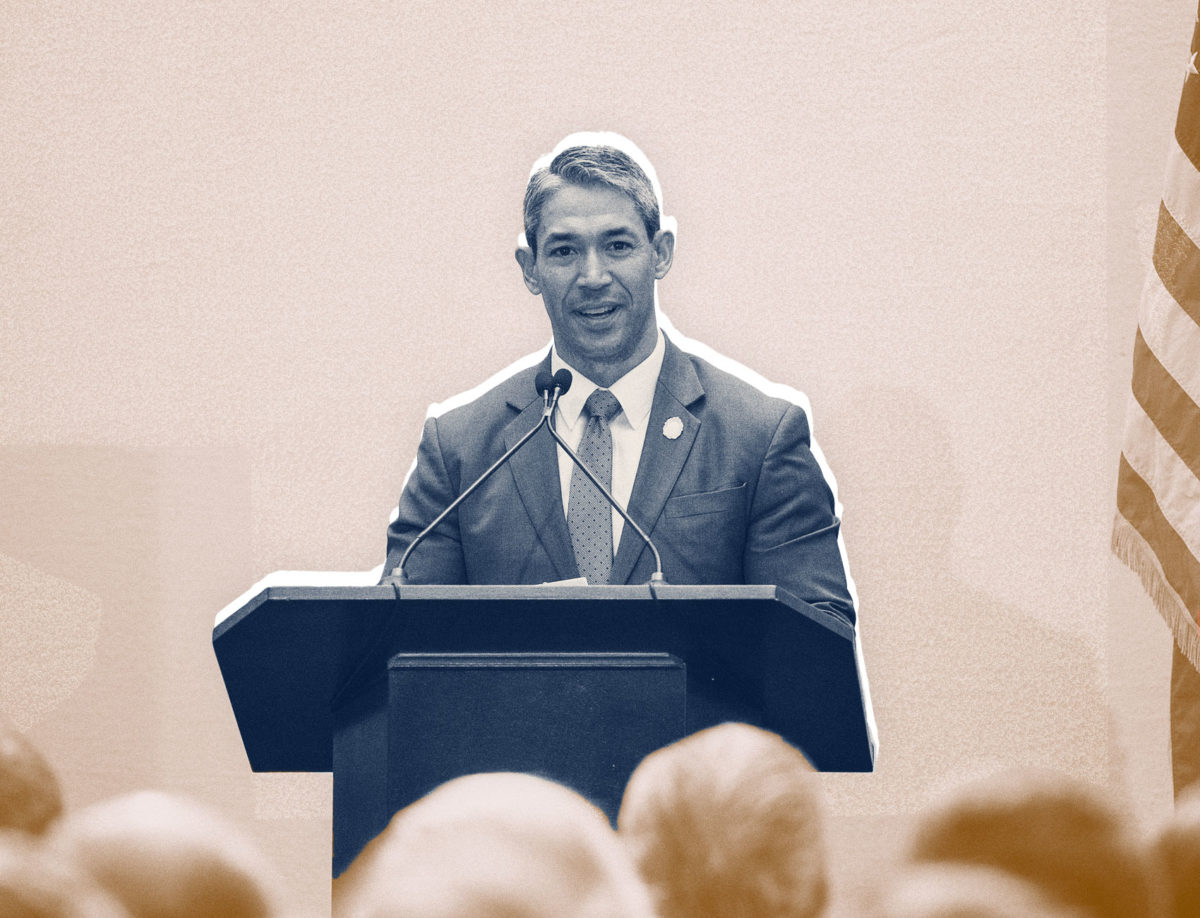
San Antonio Activists ‘Cannot in Good Faith’ Support This Year’s Mayoral Candidates
Local activists have soured on incumbent Mayor Ron Nirenberg, and no other candidate offers a compelling alternative.

Cincinnati’s Upcoming Mayoral Race is ‘Make or Break’ for Policing and Housing
True public safety, advocates say, is one of the most urgent issues facing Cincinnati voters ahead of Tuesday’s primary election.
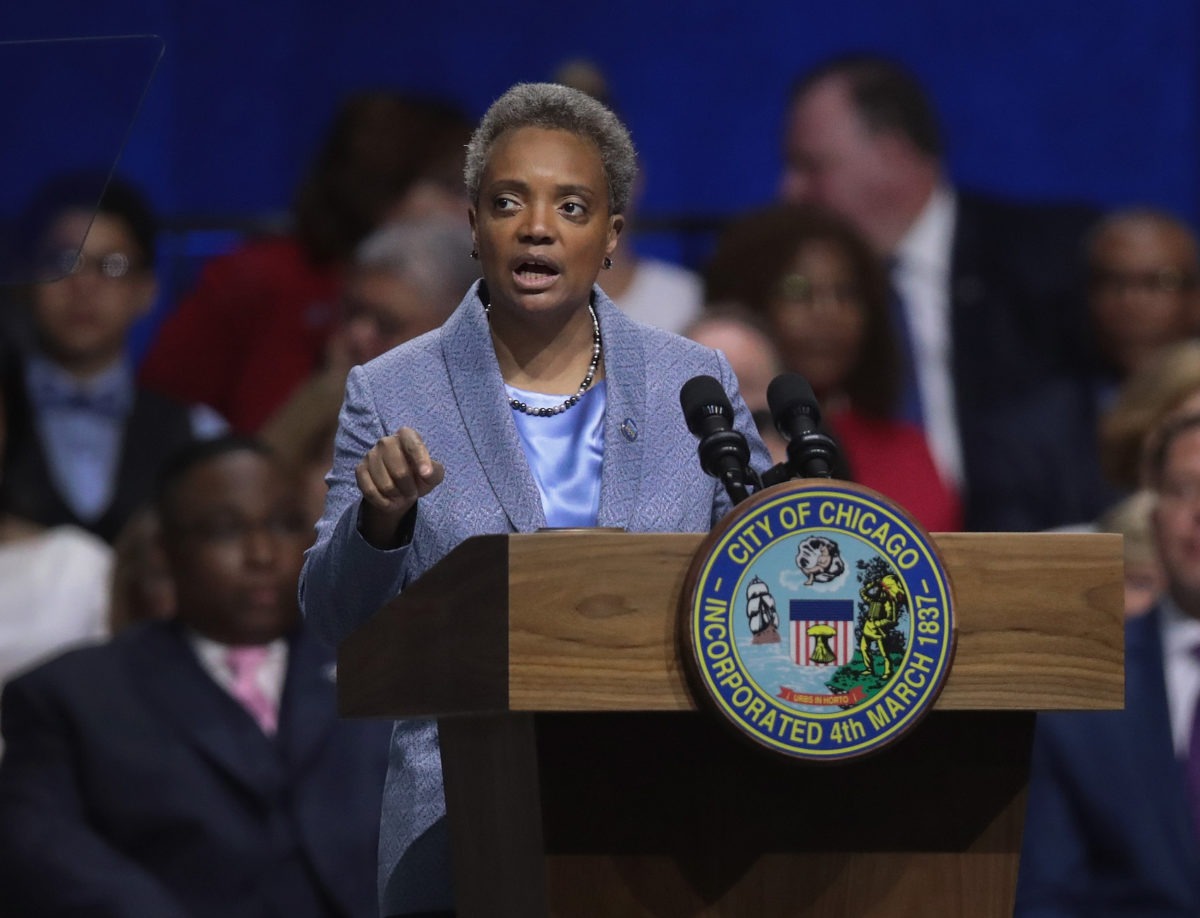
Lori Lightfoot’s Record Shows the Limits of ‘Police Reform’
In various offices across two decades, Mayor Lightfoot has failed to bring change to the Chicago Police Department.
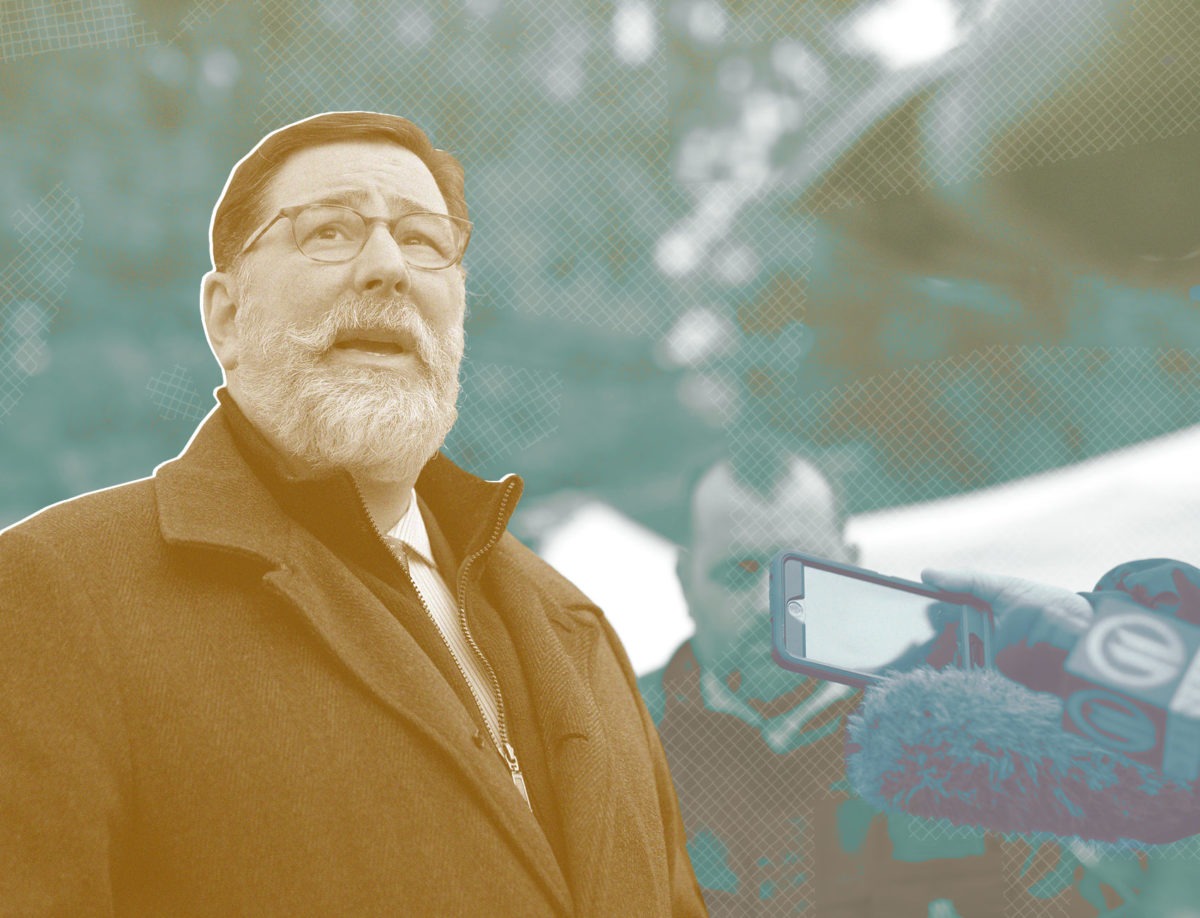
How Policing Is Shaping the Pittsburgh Mayoral Race
Incumbent Bill Peduto’s policing record is under scrutiny after protests last summer. He is facing what may be his most competitive race yet.
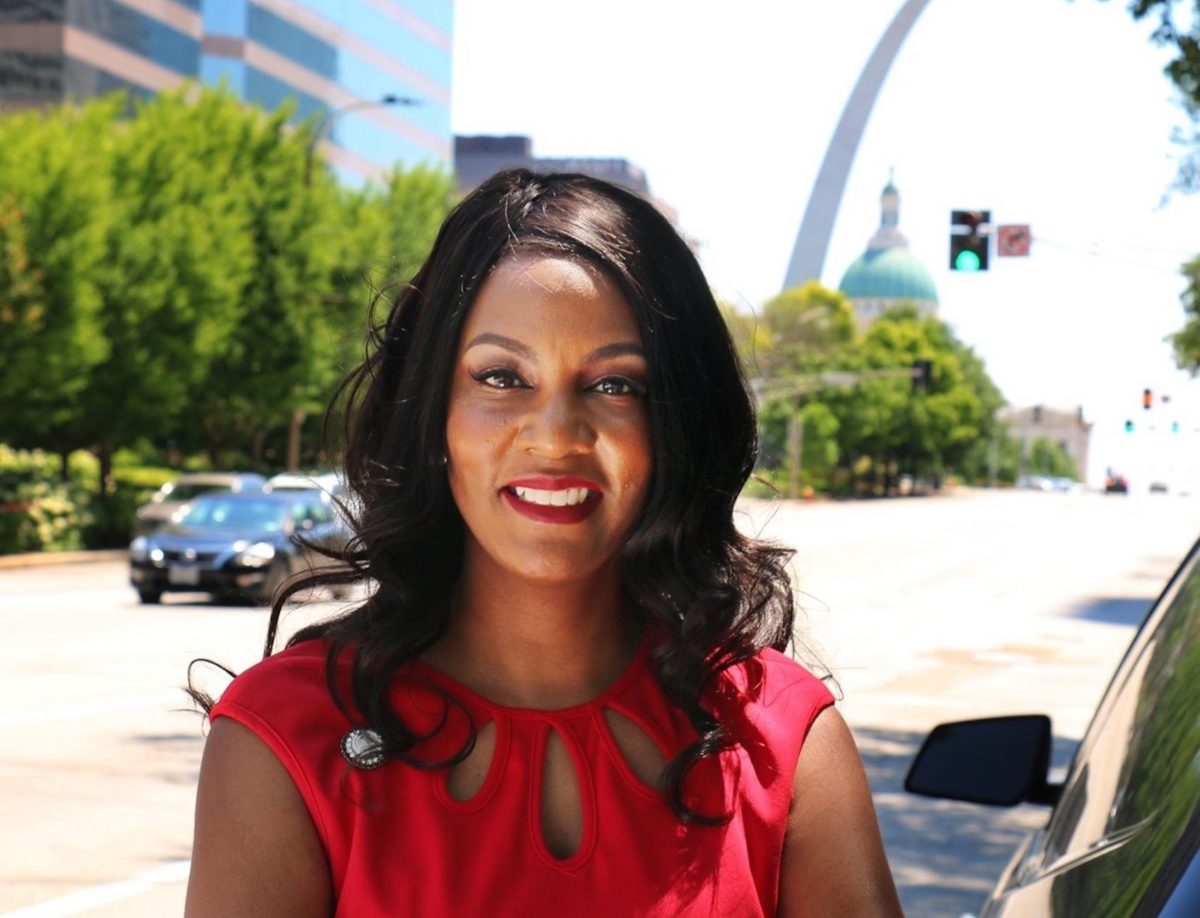
Tishaura Jones Wins St. Louis Mayoral Race
Jones’s election is the latest in a string of progressive victories in the region.

The Major Real Estate Donors Influencing the St. Louis Mayoral Race
Days before the election, campaign finance reports show that real-estate and construction industries favor Cara Spencer over Tishaura Jones.
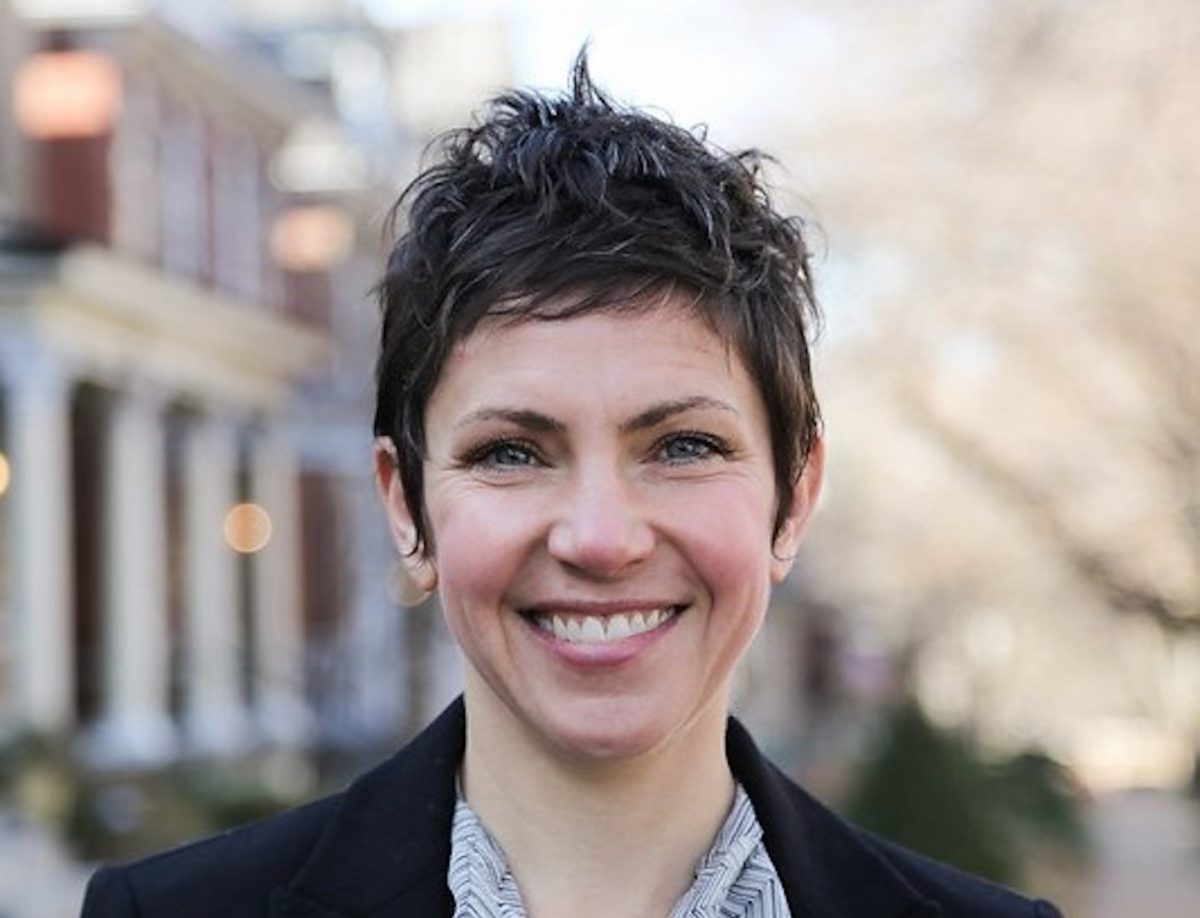
Cara Spencer Is Running To Lead St. Louis Through A Time Of Crisis And Opportunity
The mayoral candidate said she wants to drive down violent crime, stimulate economic growth and development, and reinvest in the city’s struggling schools and neighborhoods.
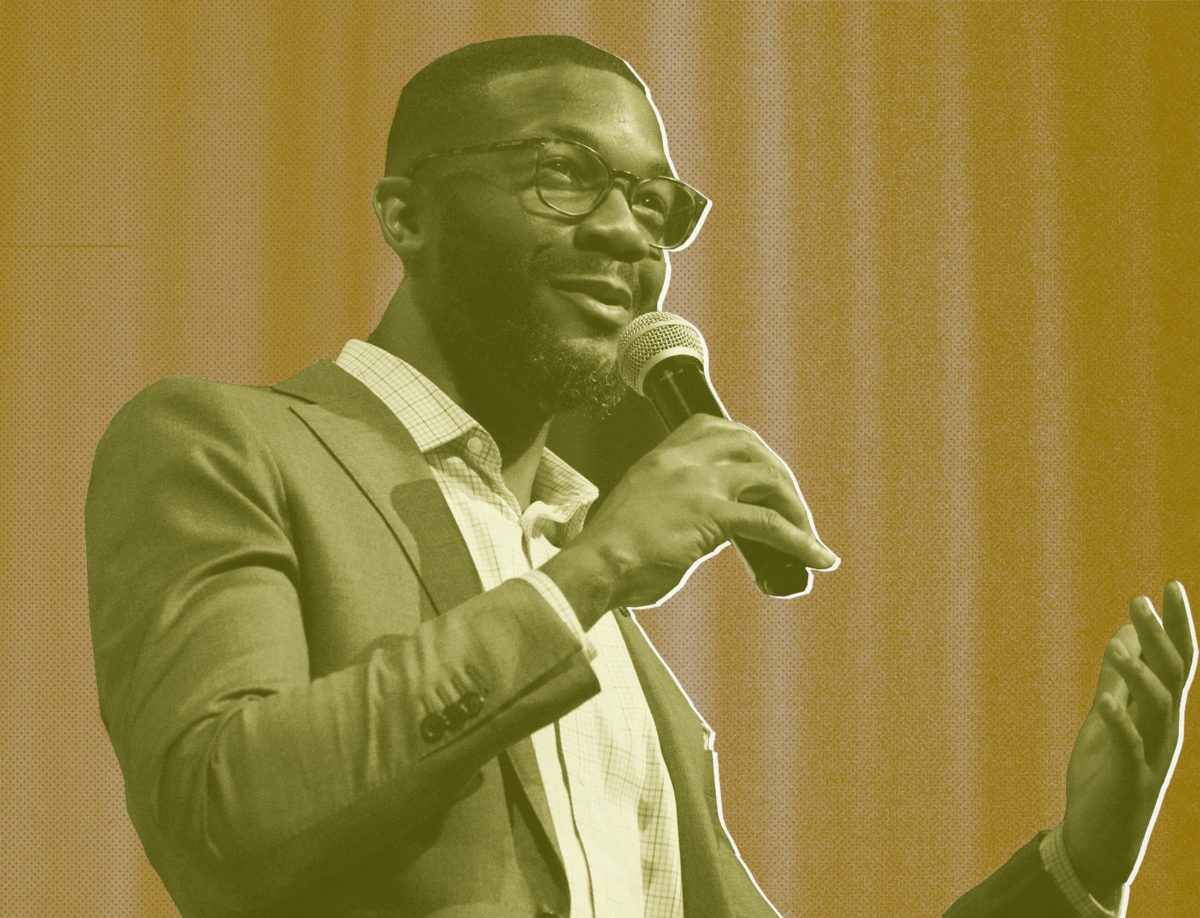
Activists Who Helped Elect Birmingham Mayor Balk at Police Expansion Plans
Mayor Randall Woodfin is increasing police funding and ignoring calls for non-law enforcement public safety alternatives.

Sheila Nezhad Says Police Are Not the Path to Public Safety in Minneapolis
Nezhad, a community organizer, is seeking to unseat incumbent Jacob Frey on a platform of transforming public safety without police, providing housing for all, and addressing poverty through direct economic support.

What The St. Louis Mayoral Candidates Would Do To Close The City’s Notorious Workhouse Jail
Tishaura Jones wants to decriminalize offenses and transfer people out of the Workhouse. Cara Spencer wants to end the contract to house federal detainees.

The St. Louis Mayoral Race Reflects a Progressive Shift In Local Politics
Two progressive candidates will move on to the general election, while Lewis Reed, a figure in St. Louis’s Democratic party establishment since 1999, couldn’t carry a single ward.
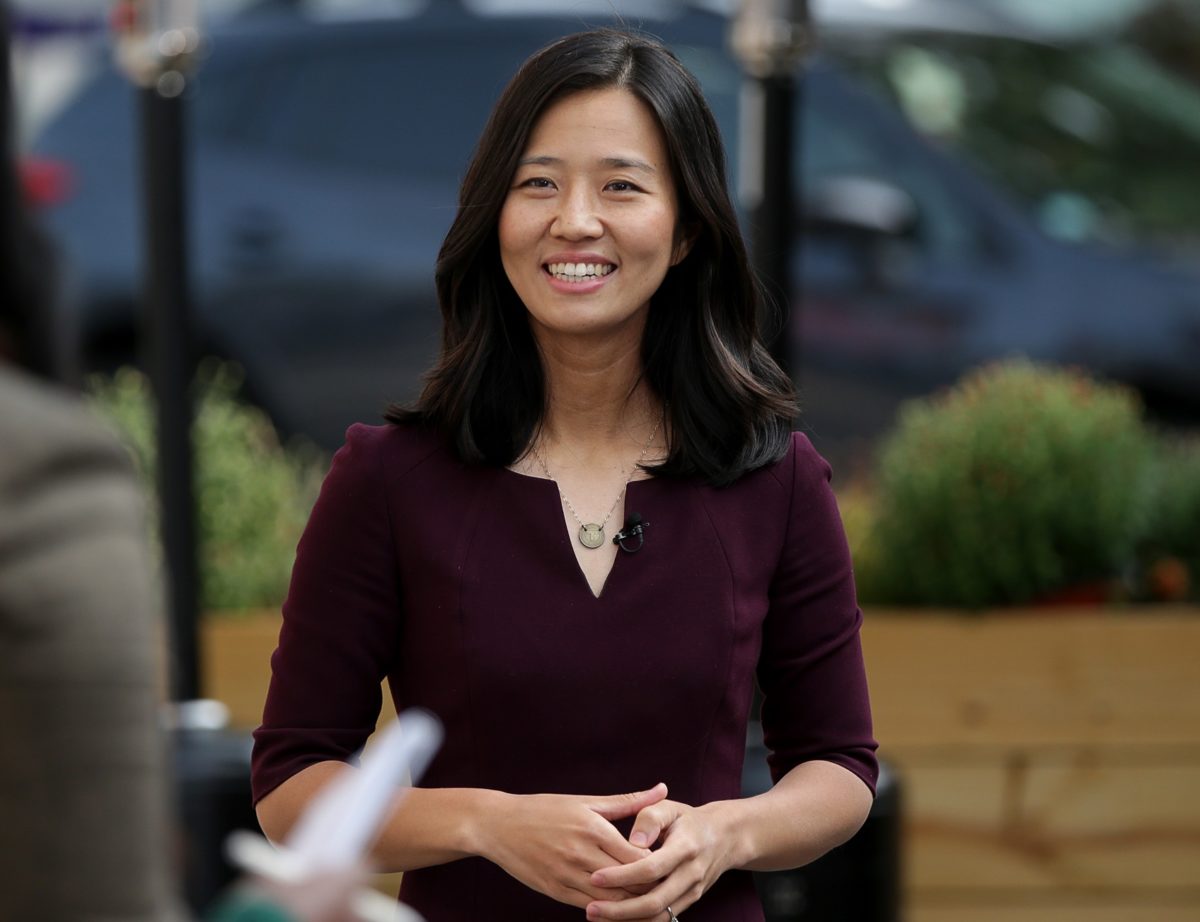
Why Michelle Wu Wants to Bring a Green New Deal to Boston
The mayoral candidate’s plans would reimagine life for Boston’s working-class residents—and has earned an endorsement from Senator Elizabeth Warren.
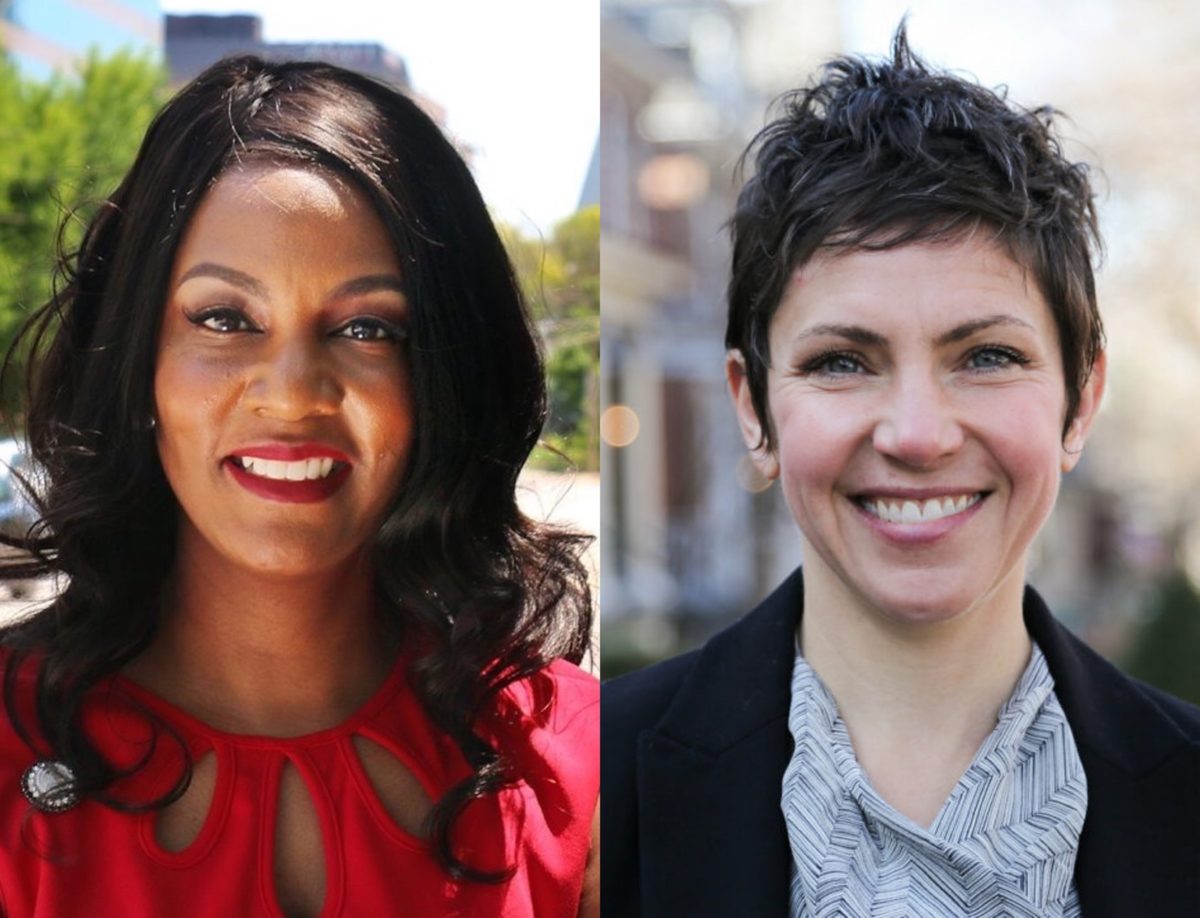
Tishaura Jones and Cara Spencer Win St. Louis Mayoral Primary
The two candidates will move on to the April 6 general election after securing the most votes under the city’s new approval voting system.
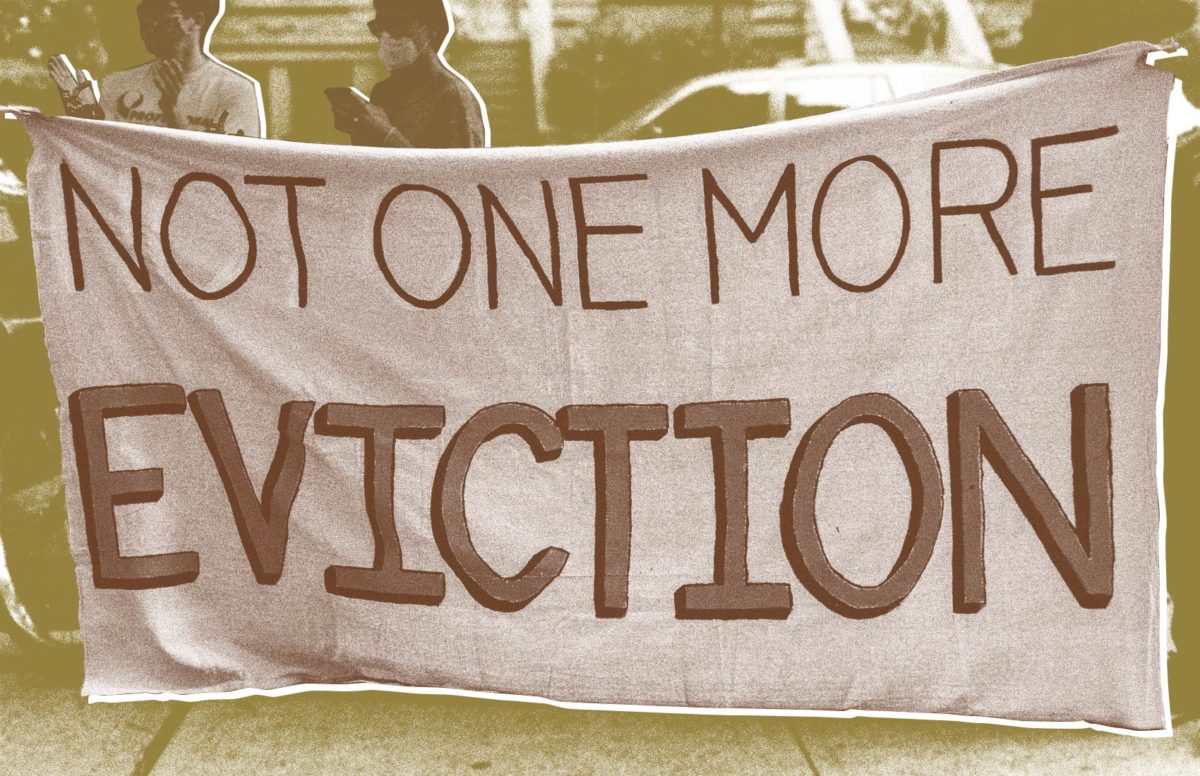
The Future of Housing in St. Louis Hinges on the Mayoral Race
Whether the city will do more to keep people in their homes or simply do more of the same depends on who voters elect as the next mayor.

Tishaura Jones Wants to Change St. Louis
Jones says her experience transforming the treasurer’s office will make her an effective mayor. Voters will let candidates know what they think next week.
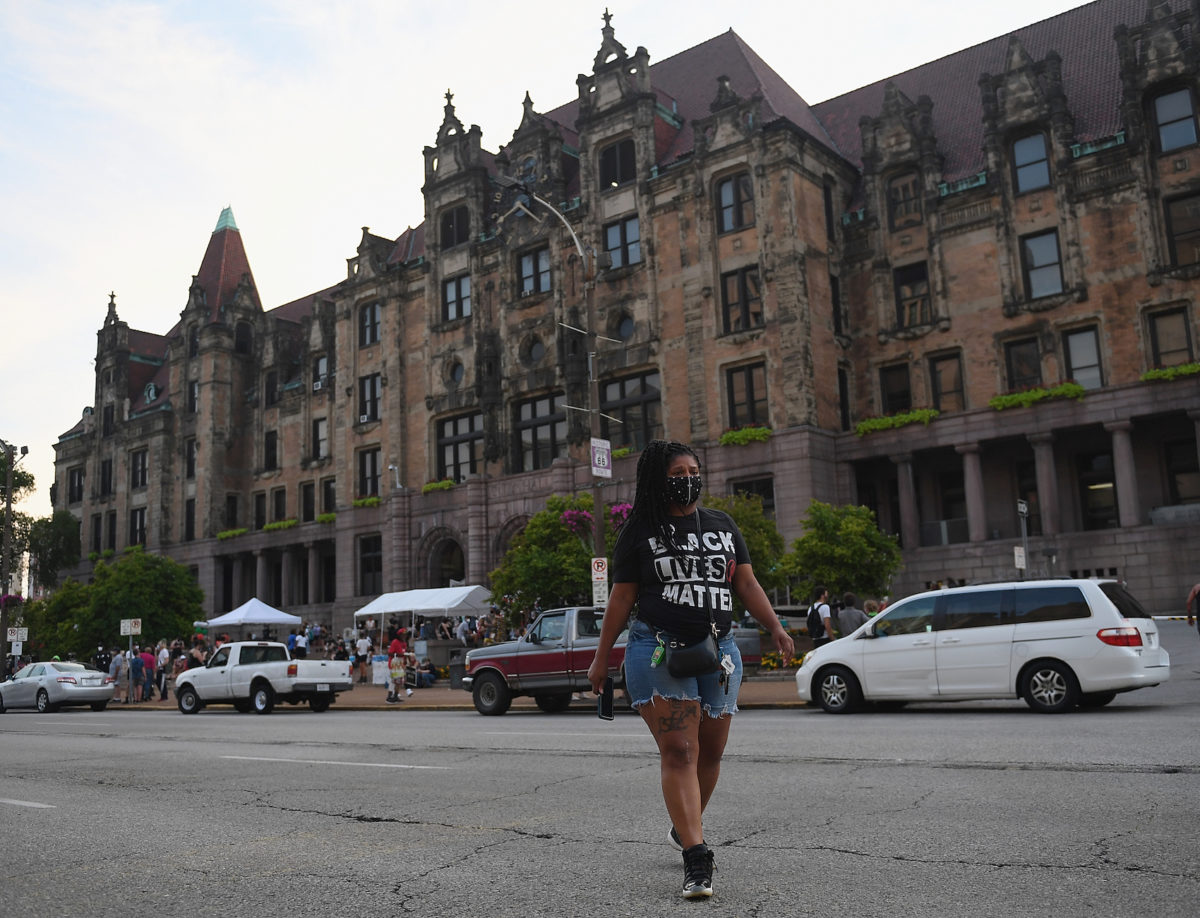
This Election Could Decide St. Louis’s Future
The four candidates vying to replace the mayor are each promising to build a better St. Louis, and in a little over a week, voters will decide which visions they endorse.
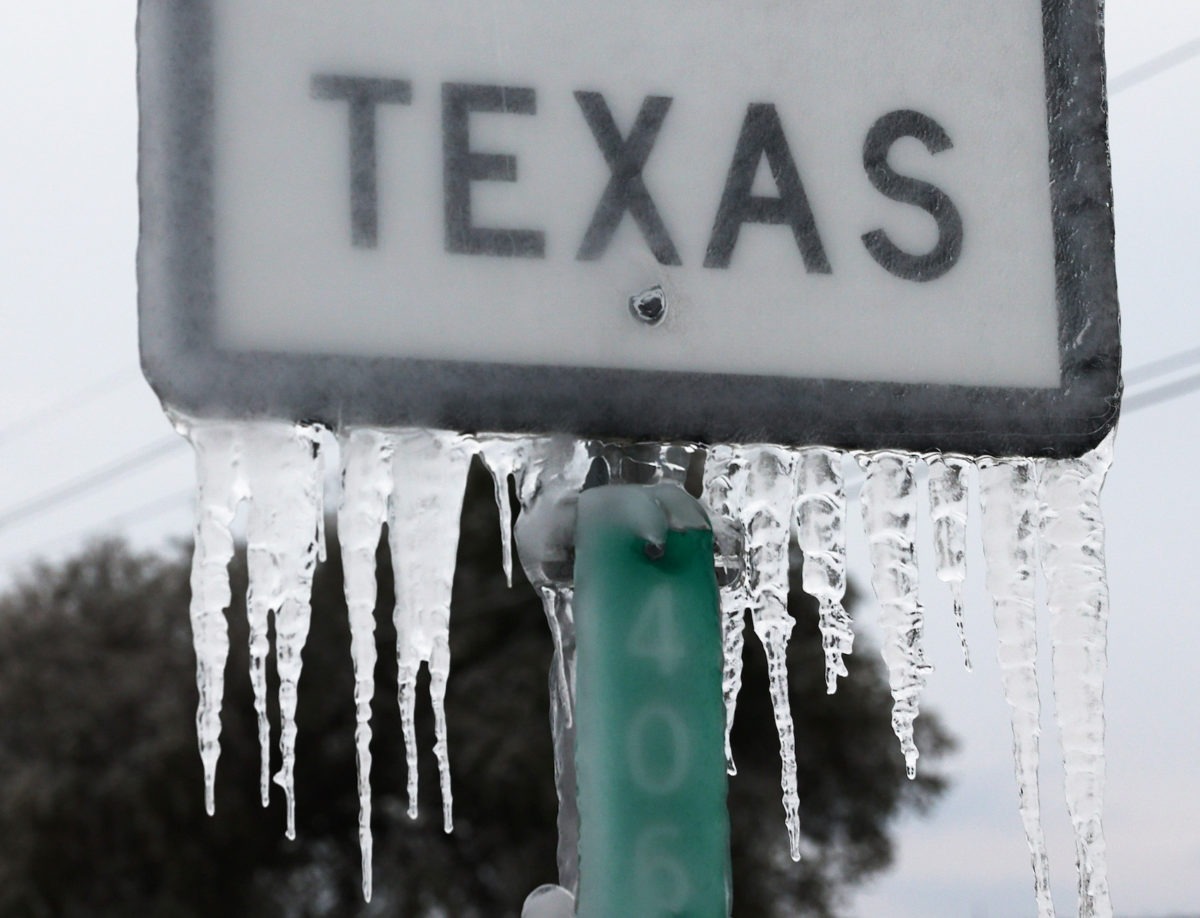
San Antonio Bulldozed a Homeless Encampment. Then the Winter Storms Started.
Now, advocacy groups are struggling to keep unhoused people safe.
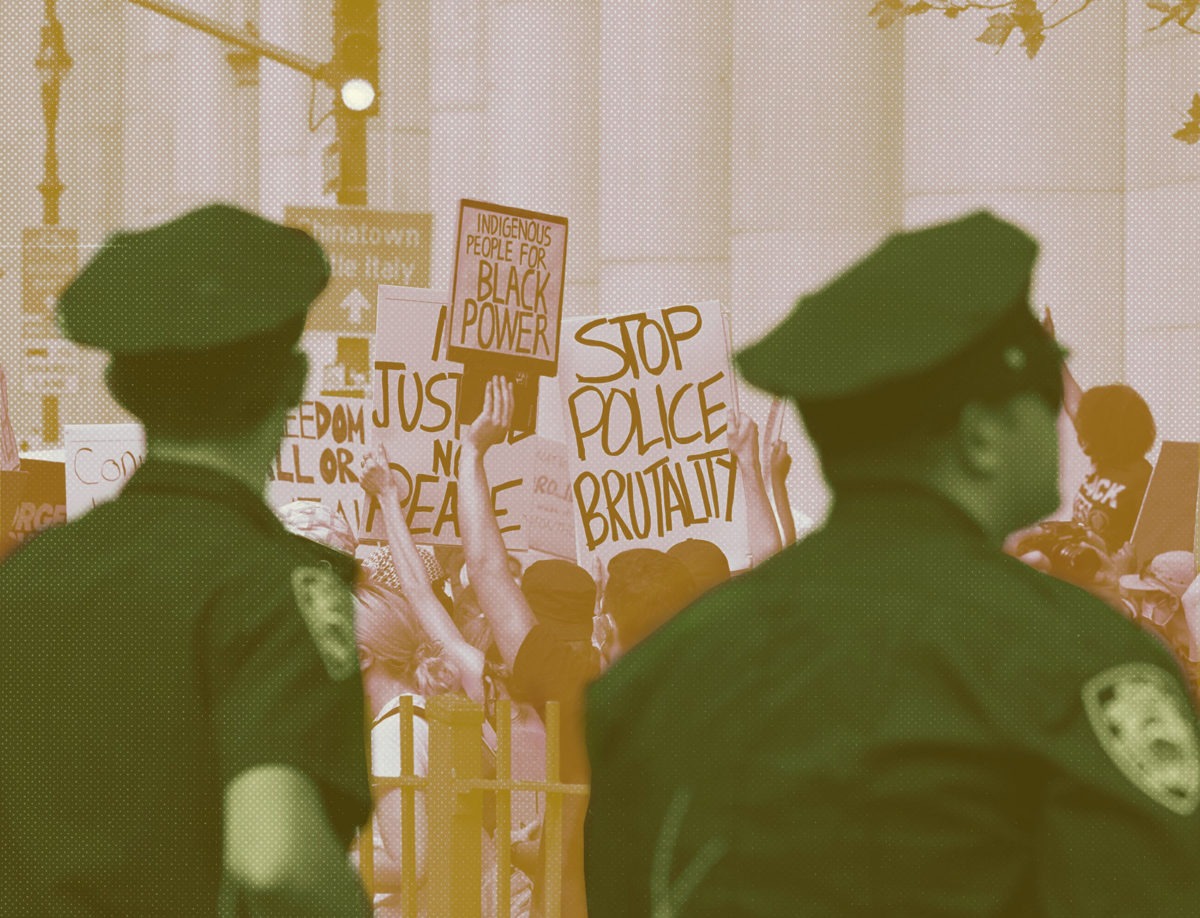
How George Floyd’s Death Is Pushing Minneapolis to Rethink Public Safety
The police killing has accelerated a years-long effort by advocates and lawmakers to shift resources and money away from law enforcement.
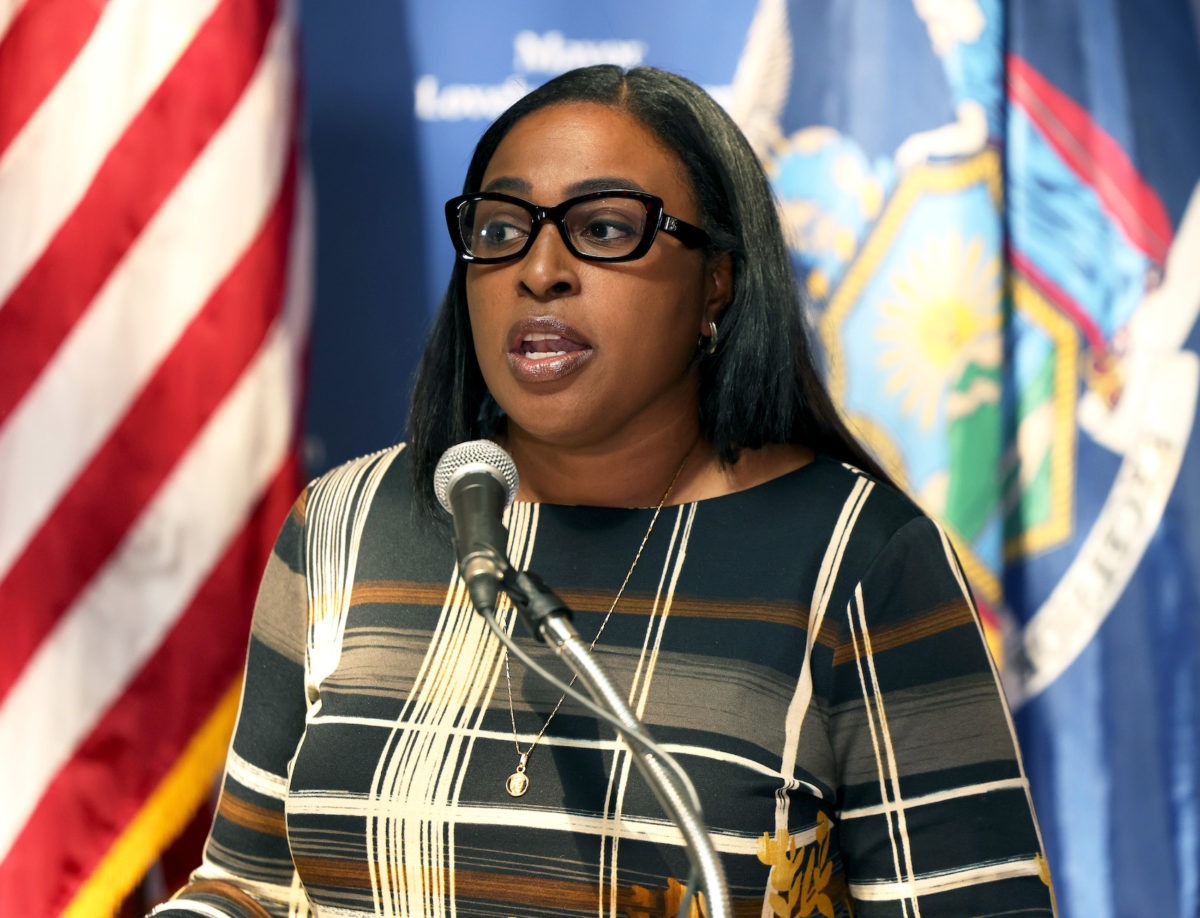
Police Violence Puts the Heat on Rochester Mayor as She Seeks a Third Term
Months after footage emerged of officers fatally suffocating Daniel Prude, police were caught on video pepper-spraying a 9-year-old girl. Advocates say the incident highlights the shortcomings of Mayor Lovely Warren’s crisis response team.
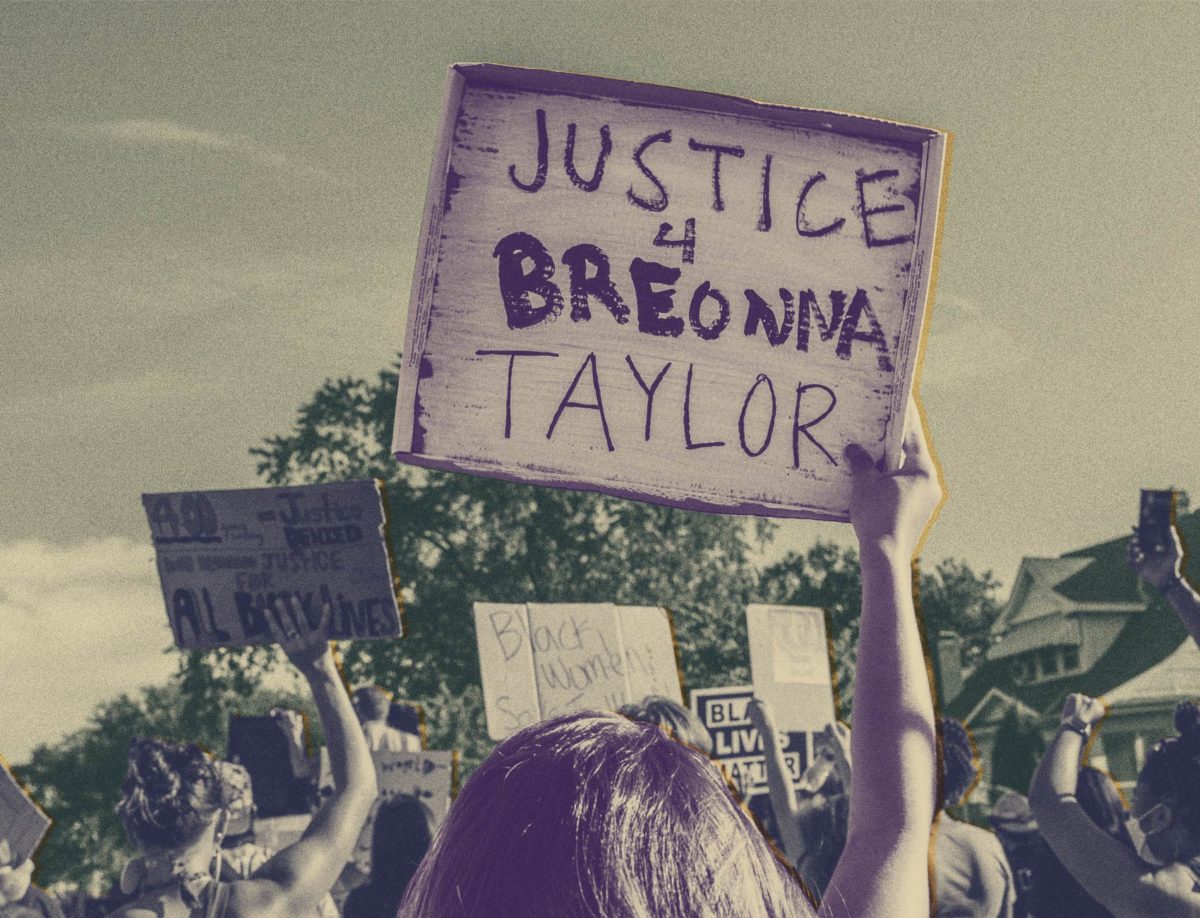
How the Killing of Breonna Taylor Is Reshaping Louisville Politics
The political paradigm emerging in Louisville is being formed by newcomers to local politics.
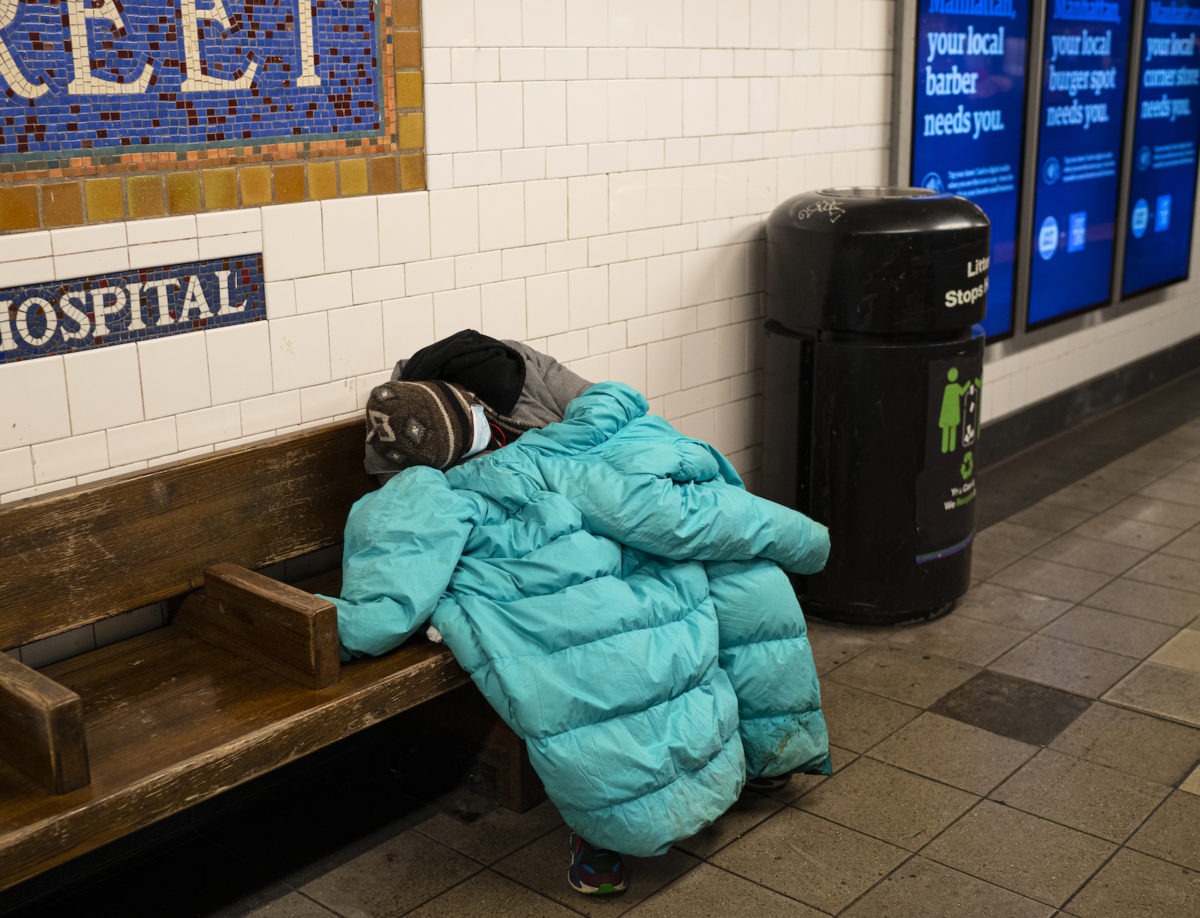
New York City Mayoral Candidates Blast de Blasio’s Housing Record
In a forum with people experiencing homelessness, Democratic candidates criticized the mayor’s affordable housing plans, embraced a ‘right to housing,’ and rejected police intervention on homelessness calls.
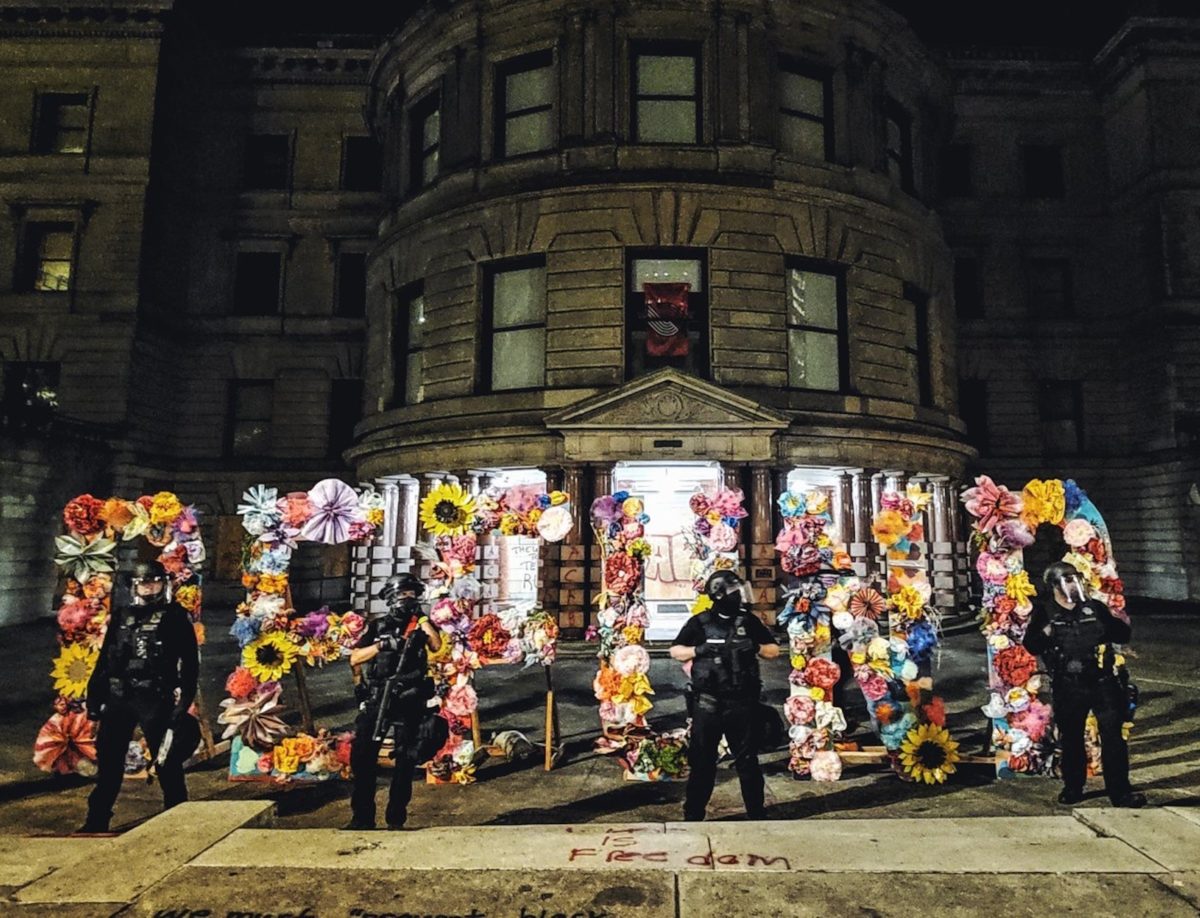
Portland Civil Rights Activists Want A Mayor Who Can Stand Up To Police
Mayor Ted Wheeler’s popularity has declined after a summer of protests against police violence in the Oregon city.
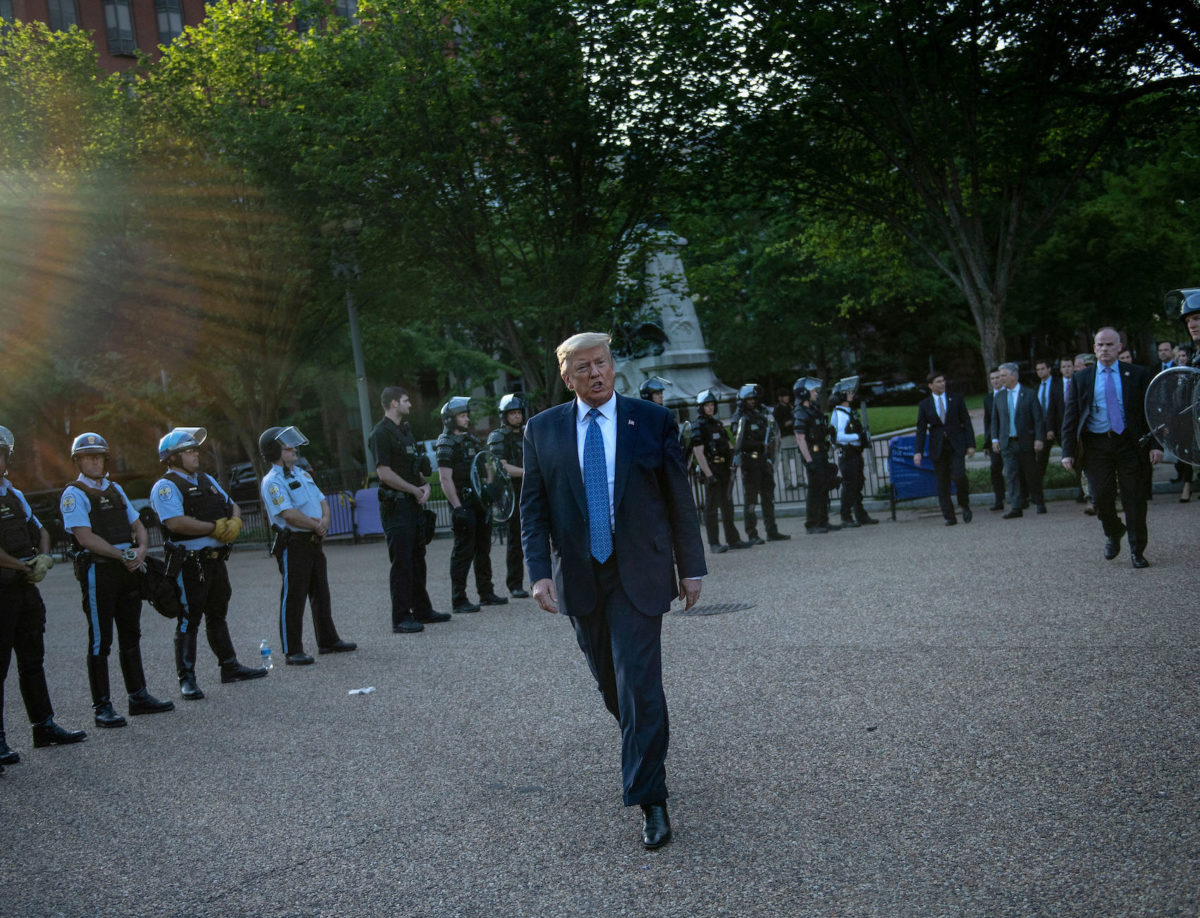
Feuding With Donald Trump Is Not Police Reform
Mayors of liberal cities love to criticize the president’s incendiary law-and-order rhetoric, but do precious little to check police violence and bloated budgets in their own backyards.
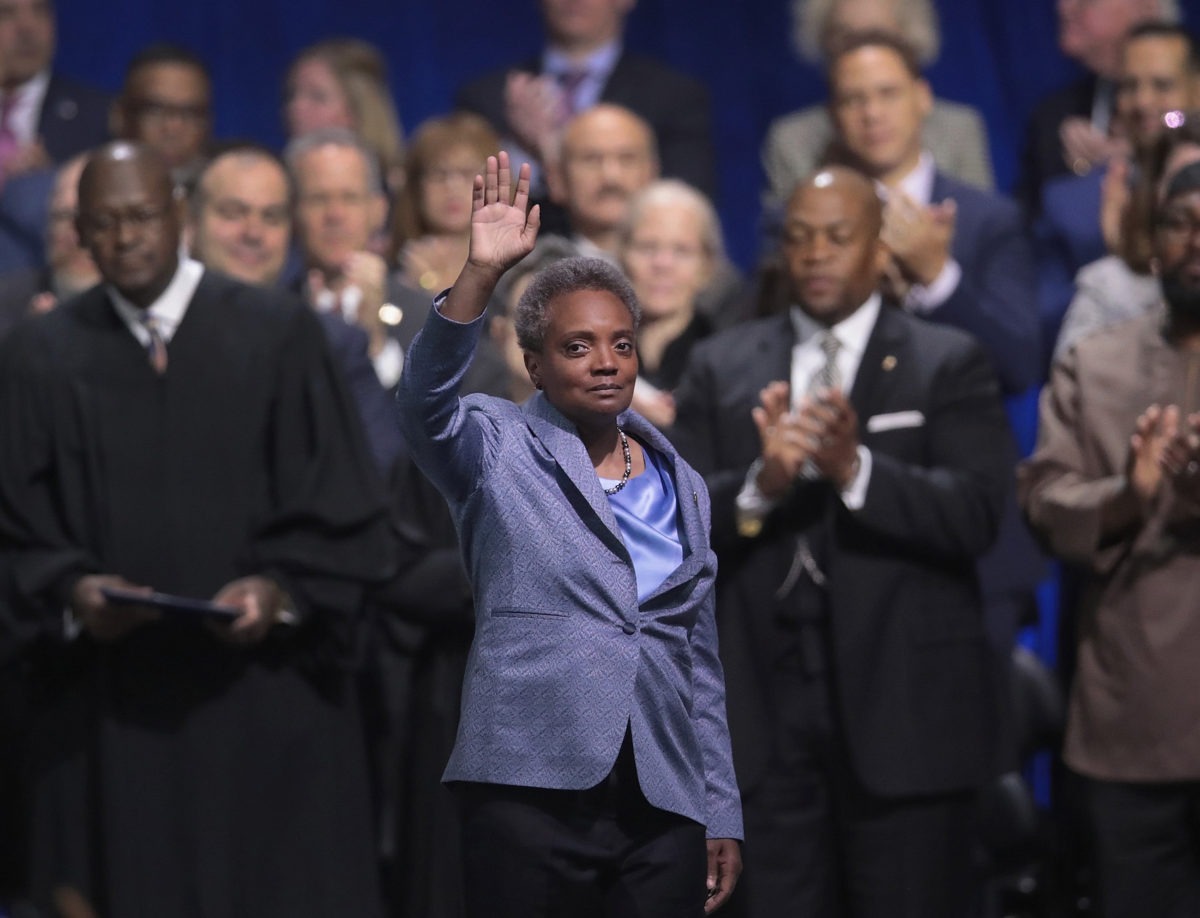
Lori Lightfoot’s Actions Don’t Match Her Rhetoric About Police
Like her Democratic mayoral counterparts in Portland, Atlanta, Los Angeles, and New York, Lightfoot has condemned police violence outside her borders, while using law enforcement to suppress demonstrations in her own city.
